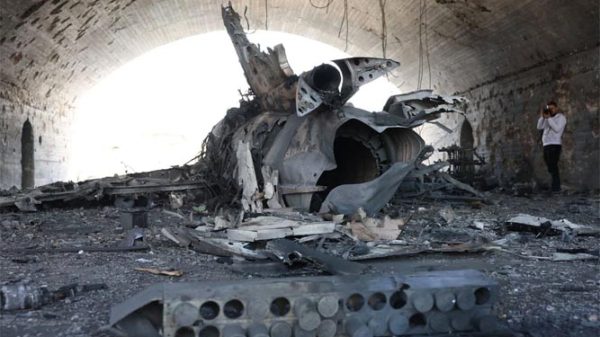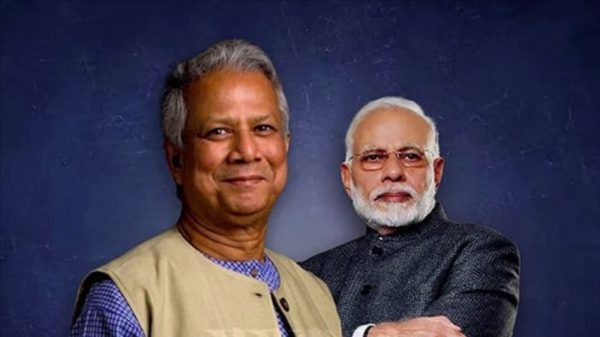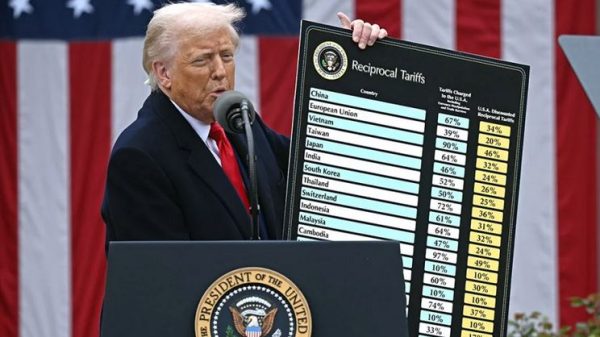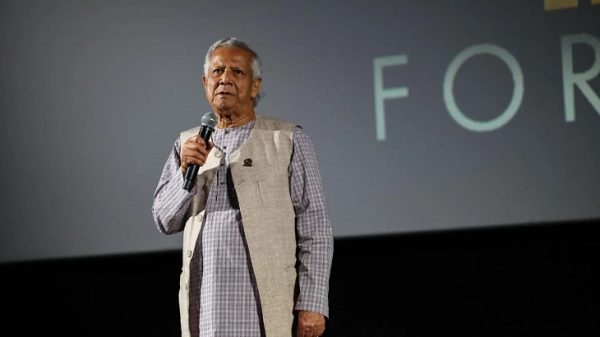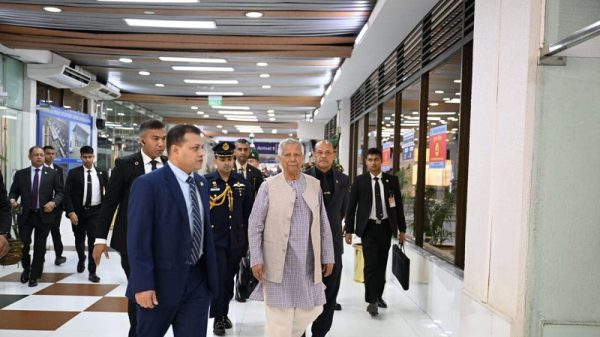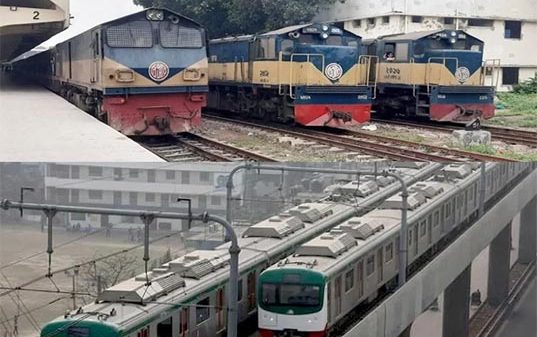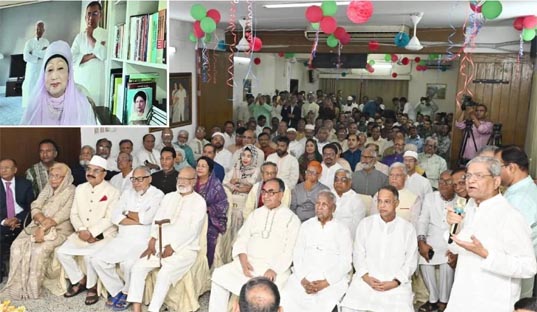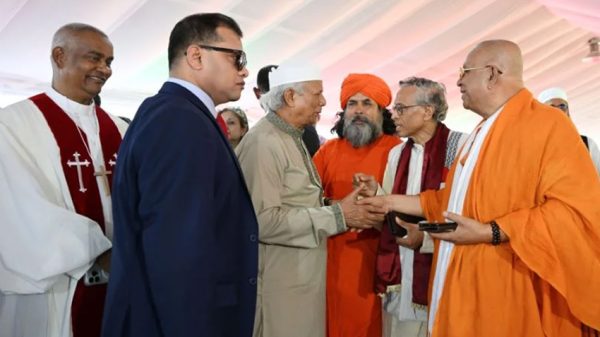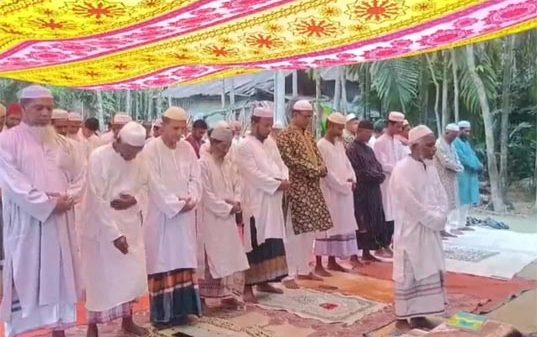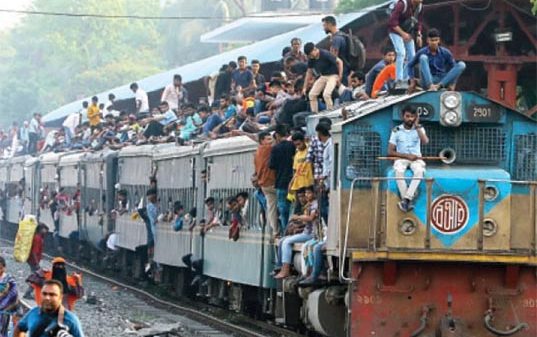Beef prices in Dhaka drop, reviving sales

- Update Time : Friday, 24 November, 2023, 12:24 pm
- 158 Time View
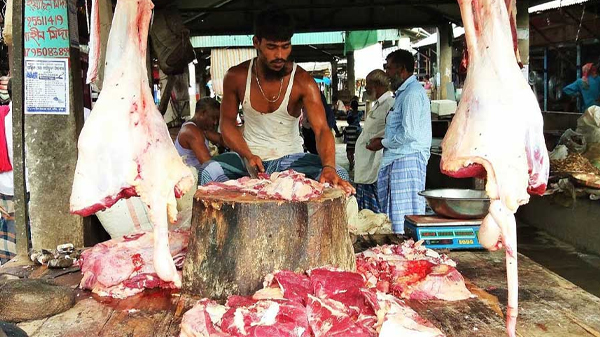
Online Desk: Several supply and demand factors have combined to drive down beef prices to a two-year low in Dhaka, providing much-needed boost to the severely depressed beef sales.
With prices now ranging from Tk 600 to Tk 650 per kilogram, representing a drop of Tk 150 to Tk 200, many consumers are returning to beef shops. This has raised hopes among butchers in Dhaka’s kitchen markets for an upturn in business in the coming months.
The key factors that have contributed to the decline in beef prices include rising inflationary pressure. According to supply- chain experts, this has discouraged potential red-meat buyers, eventually leading to a slump in sales.
Besides, the BNP blockade and hartal disrupted the movement of millions of people, who used to come and stay briefly in the capital for job and business purposes.
Due to the political uncertainty, social occasions and celebrations have been put on hold, further dampening demand.
On the supply side, the overheated political atmosphere has also affected cattle transportation to the capital from faraway districts. Meanwhile, imports of frozen meat have started to make inroads into the market.
On a separate note, cattle growers, however, attribute the fall in beef prices to reduced production costs, with many farmers now switching to hybrid grasses from imported and costlier granular feeders.
Current beef rates are a two-year low, according to data from the Trading Corporation of Bangladesh (TCB).
Several meat shops in Dhaka have taken advantage of the lower prices to attract customers. Khorshed Meat Shop in Malibagh and Khalil Meat Shop in Khilgaon have been selling beef at Tk600 per kg for the past week and a half, down from Tk780 to Tk800 per kg previously.
The two shops have seen a five-fold increase in sales due to the high demand for their discounted beef. On Thursday, Khalil sold meat from 25 cattle, according to Abdur Rahim, a salesman at the outlet.
Najmul Hossain, a resident of Khilgaon, expressed his satisfaction with the lower prices. “The price of beef was Tk750 per kg in the market,” he said. “But here, cows are being slaughtered in front of our eyes and sold at a discount of Tk150. I am buying two kilograms.”
Khorshed Alam, the owner of Khorshed Meat Shop, attributed the lower prices to reduced cattle prices. “Prices of cattle weighing 100 to 120 kilograms have reduced by Tk8,000 to Tk10,000 due to low demand across the country,” he said.
Alam claimed that all meat traders could sell beef at Tk600 per kg if they wanted to.
Following Khorshed and Khalil’s lead, many shops in Bashabo, Malibag, Taltola, and Khilgaon have started selling beef at Tk600 to Tk650 per kg. Traders in other areas have also been forced to reduce prices to Tk700 to Tk750 per kg.
However, not all meat traders are happy with the lower prices. Abdul Gani, a resident of West Rampura, complained that the meat he bought from Khorshed Meat Shop was largely composed of bones, fat, and other non-meat parts.
Rabiul Alam, secretary of the Bangladesh Meat Traders Association, accused traders like Khalil and Khorshed of deceiving consumers by selling them fat and tails instead of meat. He also expressed concern that traders who only sell 40 to 50 kilograms of meat a day would be forced to close their shops due to the lower prices.
Mustafa Mortuza Montu, owner of Bismillah Gosto Bitan, a meat shop at Fakirer Pool in the city, said he is selling beef at Tk750 per kg. He explained that the higher price is necessary to maintain quality standards.
Montu, who is also president of the Bangladesh Meat Traders Association, called for increased monitoring of the meat industry to ensure that only healthy cattle are sold and that consumers are not being deceived.

